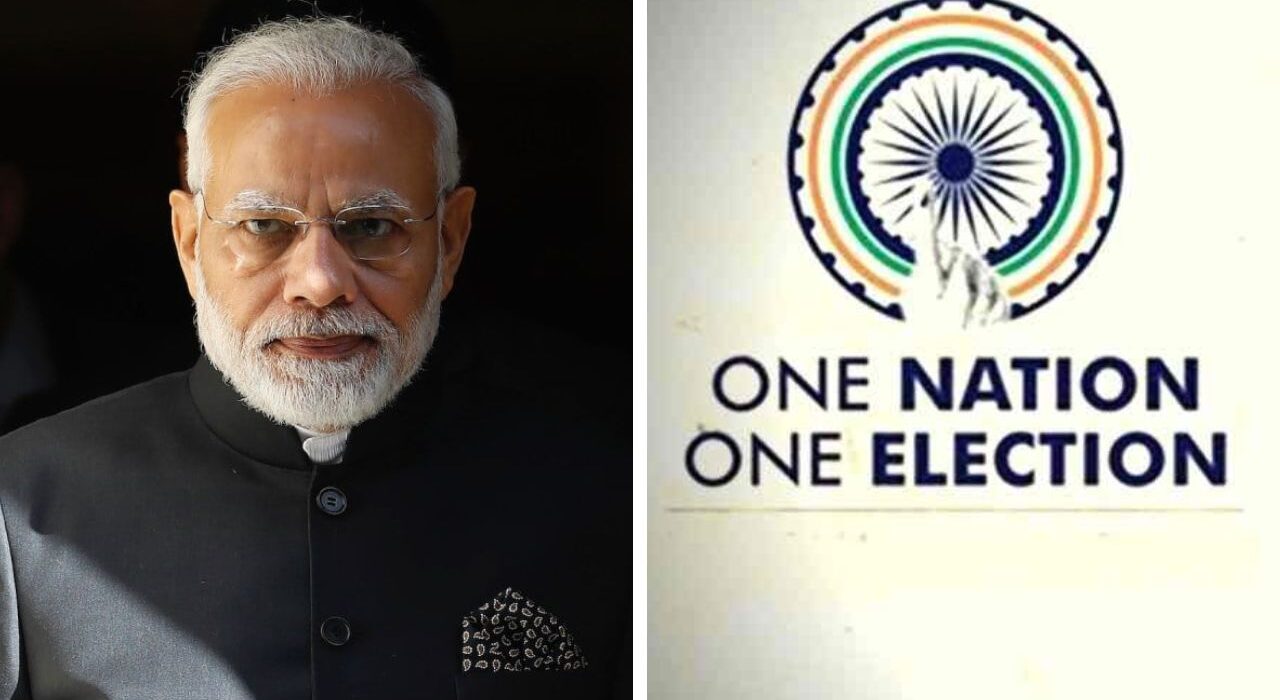One of the long debated ideas of “One Country One Election” of India’s Parliament is going to be implemented by the Modi government during the current term. The Prime Minister Narendra Modi first brought this to public notice for the benefits of the country while delivering his 2023 Independence Day speech.
To expedite this agenda, a committee, with former President Ramnath Kovind as its head, has been formed, and the report of the committee has been presented. The first step in this agenda is to conduct simultaneous elections for Lok Sabha and state assemblies. Then, in this agenda, it is envisioned that polls to panchayat and urban bodies should be held within 100 days concurrently.
This would be even supported by the Law Commission. The recommendation here is that all tiers of government, namely, the Lok Sabha, the state assemblies, the municipalities, and the panchayats, should conduct joint polls by 2029.
One Country One Election: No more hurdles in progress of the country
The paper also gives indications of likely obstructions, for example, the formation of a unity government in case no party is able to secure the majority. The prime minister thinks that too many state-level elections are obstructing the way to the progress of the country, and the “One Country One Election” project would put an end to such distractions. BJP has adopted it into the election manifesto. The government is optimistic about attaining a unanimous decision on this count also from the parties of politics.
However, such sharp reservations emerge from the opposition parties by constitutional and operational considerations. They fear that elections will clash without affecting governance and will make the handling of possible issues. It includes issues such as house dissolution or imposition of President’s Rule, difficult. Regional parties are worried about their thin purses and national elections being overshadowed by local ones.
The EVMs would be accompanied by recurring cost which preliminary estimates put at around ₹10,000 crore every 15 years. The “One Country One Election” system would not only save on this kind of expenditure but also reduce these financial and logistic burdens as the election processes of the country get streamlined. All timelines may not get harmonized, but for that matter, this system could ensure continuous and uninterrupted governance. However, it shall be provided that there is sufficient political agreement and necessary constitutional amendments.
Also, see: PM Modi Is The Best PM Of India According To 51% Of Indians: Survey
